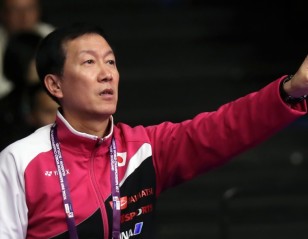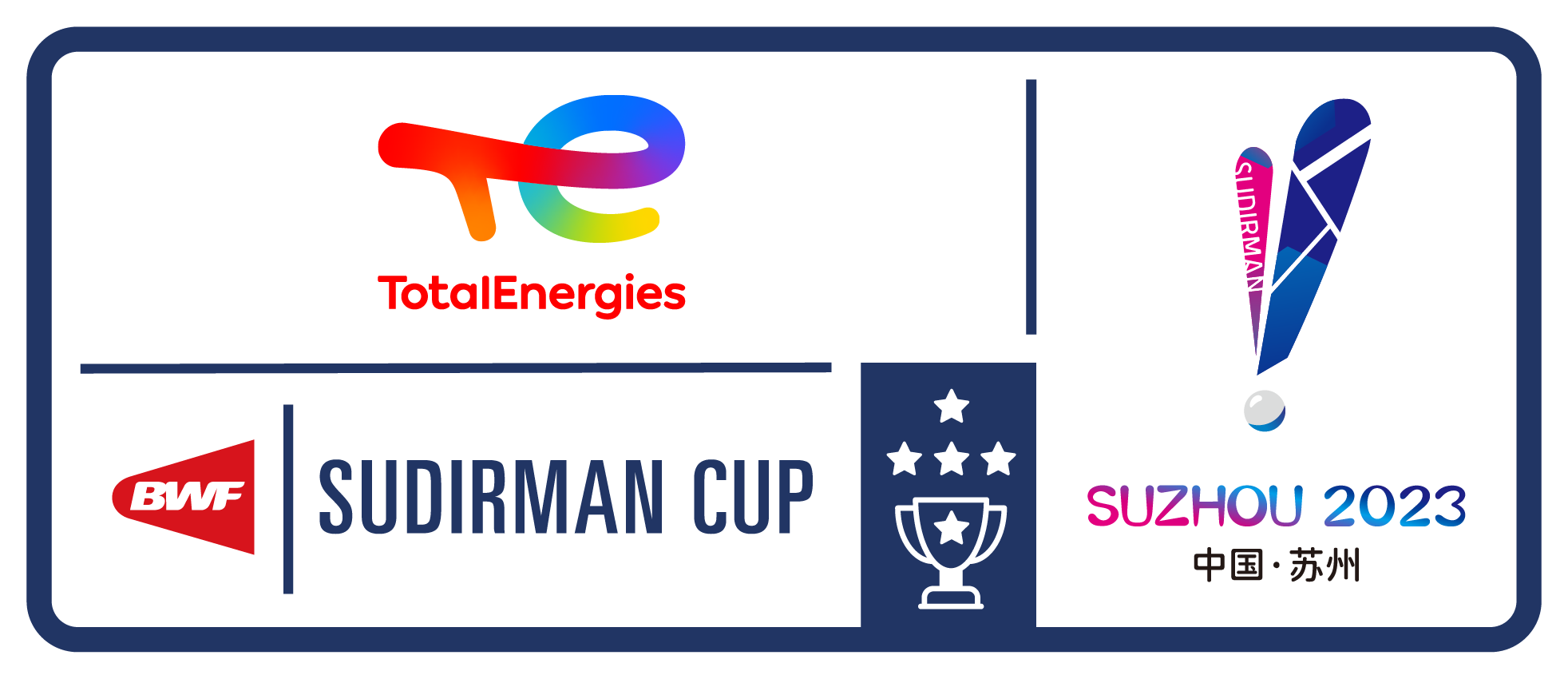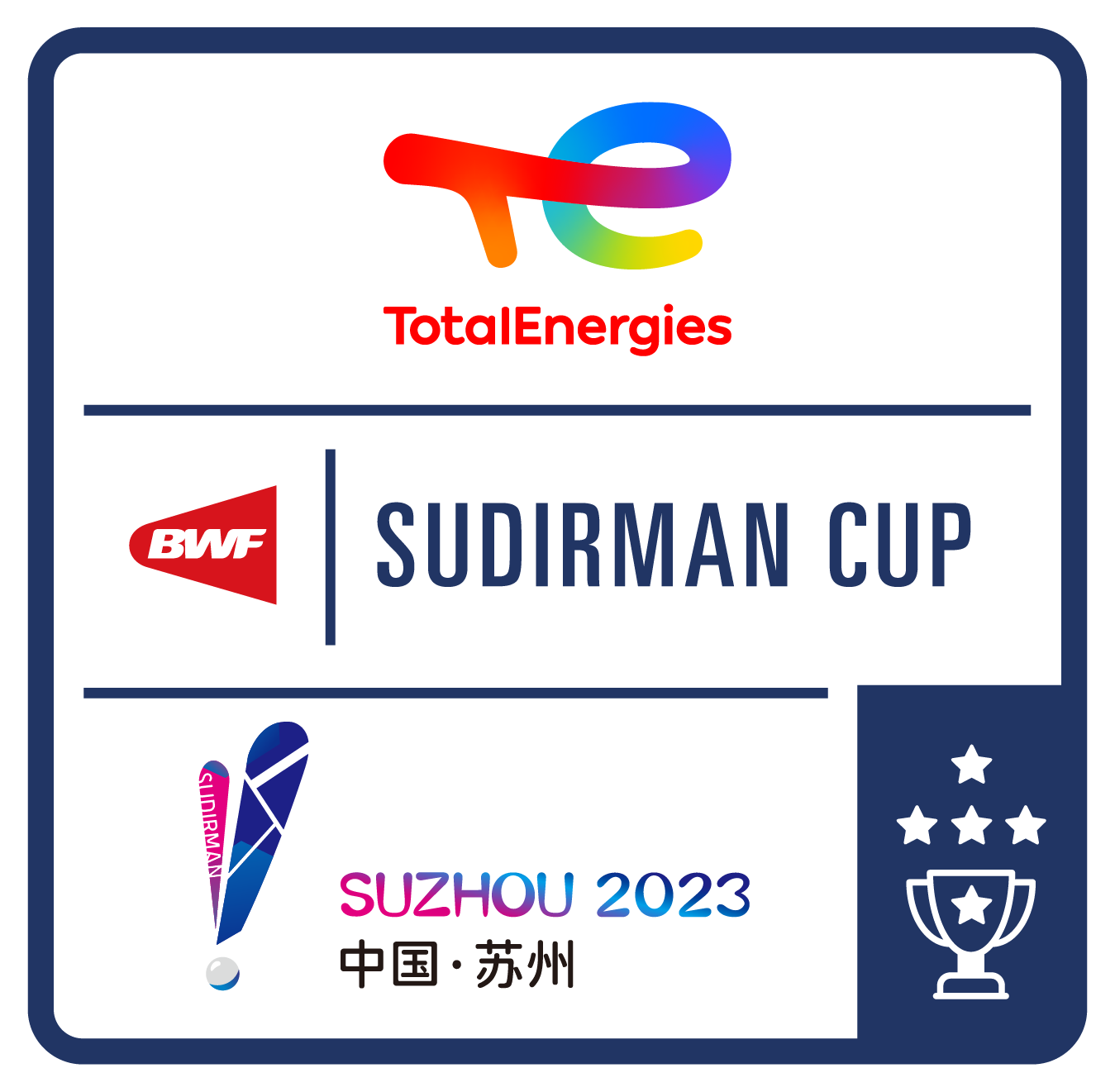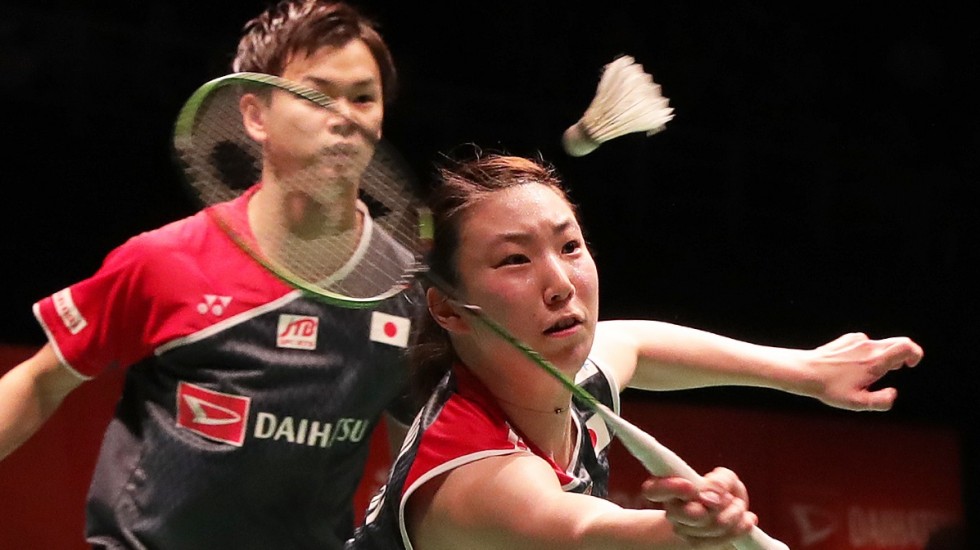
Mixed Doubles at Sudirman Cup – A Form Guide
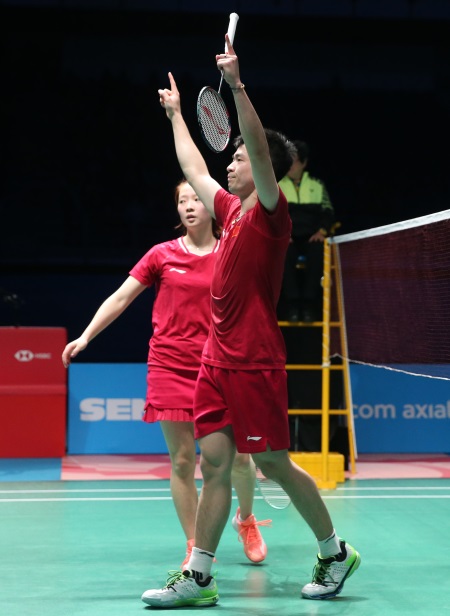
Yuta Watanabe doesn’t beat about the bush.
Unlike many of his contemporaries who prefer an understated way of talking about their campaign, Watanabe is more upfront. Asked about the team’s chances in winning their first Sudirman Cup, Watanabe stated matter-of-factly: “Japan are the top seed and the possibility of us winning the title is very high. We are well-prepared. We are eager to win. I have many strong compatriots, so I will be relaxed.”
It was an unusually frank prognosis, as sharp and precise as his whippy left-handed shots from the back.
Yatanabe’s confidence would stem from his performance this season in both his disciplines – in the mixed with Arisa Higashino, and the men’s doubles, with Hiroyuki Endo.
But while Japan has another solid men’s doubles pair in Takeshi Kamura/Keigo Sonoda, the mixed doubles will likely be the preserve of Watanabe and Higashino.
Victorious at the Malaysia Masters, the Japanese duo were runners-up at the All England and semifinalists at the Indonesia Masters.
Mixed doubles at the Sudirman Cup has often been intriguing. Nobody knows this better than Huang Yaqiong and Lu Kai at the last Sudirman Cup; the Chinese pair had enjoyed a blazing run and were favourites to win against Korea’s Choi Solgyu/Chae Yujung, but the occasion proved too hard to handle for Lu and Huang, who crumbled in a nervous series of errors.
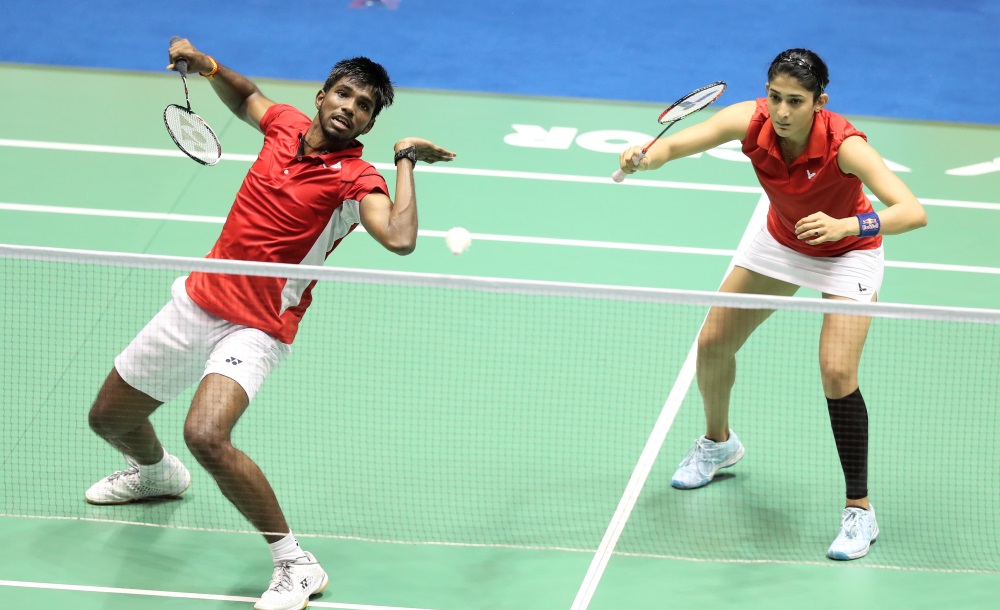
Two years hence, that match is vivid in Huang’s mind. “I learnt a lot from that match,” she says. “A team event is different from an individual event. I learnt how to handle myself in those situations.” Their loss necessitated a change in combination not long after, with Huang partnering Zheng Siwei. A first round loss in Korea was an aberration in an otherwise straight line of seven straight title wins; this season saw them adding three titles to their collection before they fell in the semifinals of the Singapore Open to Thailand’s Dechapol Puavaranukroh/Sapsiree Taerattanachai.
“This is a wake-up call for us before the Sudirman Cup – it shows we are not unbeatable,” said Huang.
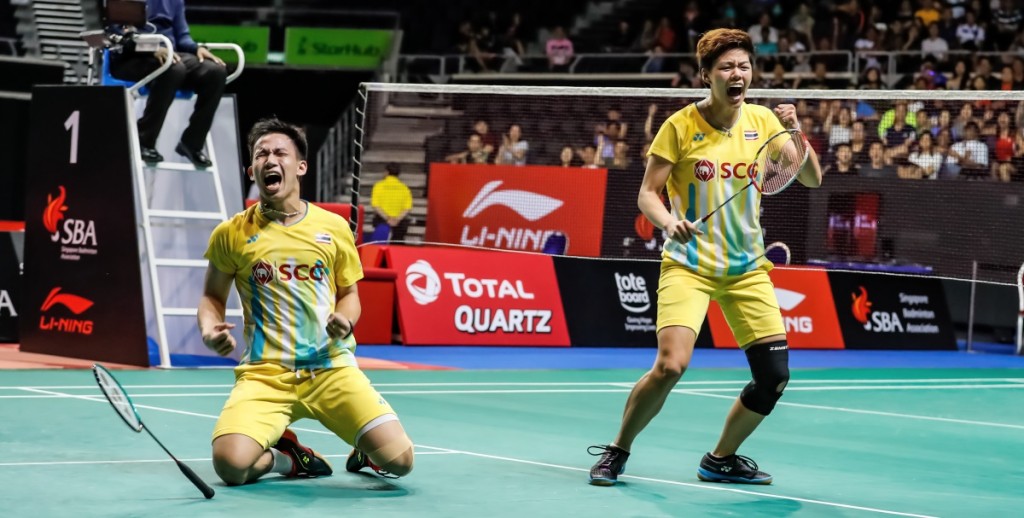
Neither India nor Malaysia, China’s group-mates in 1D, are expected to run Zheng/Huang close. Even China’s second option, Wang Yilyu/Huang Dongping, winners of the India Open and the Badminton Asia Championships, are unlikely to be threatened.
With Satwiksairaj Rankireddy returning from injury, India could have more bite in their attack. But his partner Ashwini Ponnappa revealed that either she or Sikki Reddy – with Pranaav Chopra in the mixed – would have to do double duty.
In Group 1A, Watanabe/Higashino will be opposite Thailand’s Dechapol Puavaranukroh/Sapsiree Taerattanachai – winners of the Singapore Open – and Russia’s Rodion Alimov/Alina Davletova (No.32) or Evgenij Dremin/Evegenia Dimova (No.35).
Puavaranukroh/Taerattanachai have been among the most consistent pairs over the last year, making a number of finals and semifinals, but their first major triumph came only last month in Singapore. If Thailand are to go far in the tournament, much will depend on this combination.
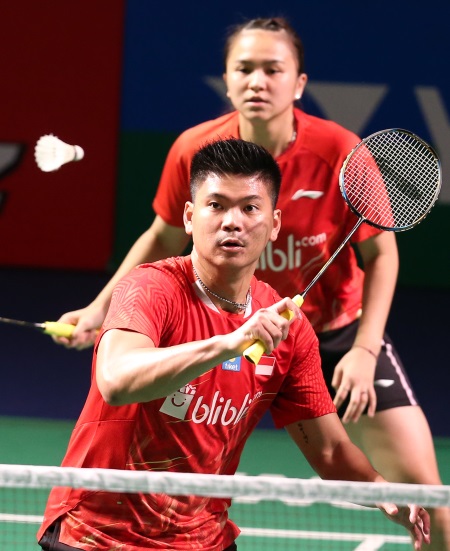
Indonesia, in Group 1B with Denmark and England, will have to decide which of their pairs to field. Hafiz Faizal/Gloria Emanuella Widjaja (No.6) have been quite consistent this season, with semifinals in India, Singapore and New Zealand, while Praveen Jordan/Melati Daeva Oktavianti (No.7) were runners-up in India and Singapore, and notably, nearly beat Zheng/Huang in the semifinals of the All England.
Denmark’s might be a new combination – head coach Kenneth Jonassen acknowledged the team was in a ‘transitional’ phase – making it uncertain if their top-ranked pair Niclas Nohr/Sara Thygesen would be fielded, especially as Thygesen will have women’s doubles duties. It is likely that Mathias Christiansen will be fielded with a younger player – Jonassen said such a combination was in keeping Tokyo 2020 in mind.
England have established pairs in Chris Adcock/Gabrielle Adcock – who haven’t been in the best of form lately – and Marcus Ellis/Lauren Smith, semifinalists in Barcelona and quarterfinalists in Switzerland and Malaysia.
Group 1C is likely to see some hard-fought mixed doubles matches. Hong Kong have a top pair in Tang Chun Man/Tse Ying Suet; if Tse has recovered from injury, they will pose a problem to any of their opponents.
Chinese Taipei have arrived without Hsu Ya Ching and Cheng Chi Ya; the anticipated mixed doubles combination could be Lee Yang with Yang Ching Tun, who were semifinalists at the India Open.
As for defending champions Korea, the frontline pair would be No.12 Seo Seung Jae/Chae Yujung, winners in Barcelona and Germany. Chae was one of the heroes of Korea’s Sudirman Cup triumph, and it will be interesting to see the role she can play in Korea’s defence of their title.
Sudirman Cup News
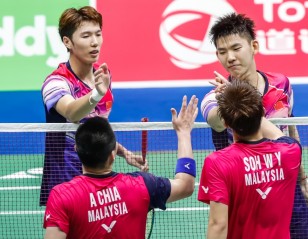
Sudirman Cup: The Most Thrilling Battles 5 June 2019
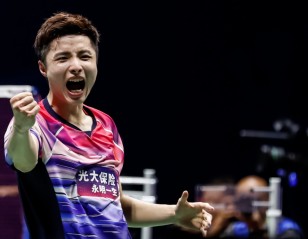
Stars Who Shone; Those Who Didn’t 4 June 2019
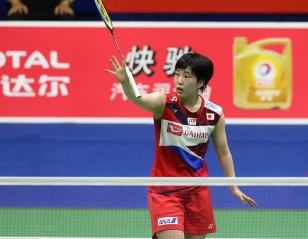
Key Moments: Chen vs. Yamaguchi – Sudirman Cup ‘19 30 May 2019
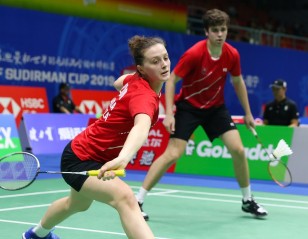
Slovakia Daring to Dream – Sudirman Cup ’19 28 May 2019
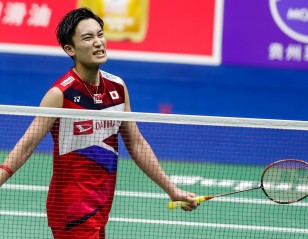
Key Moments: Shi vs. Momota – Sudirman Cup ‘19 28 May 2019
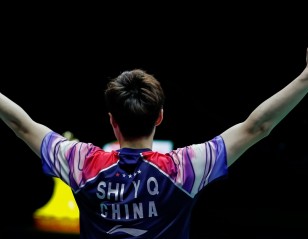
As It Happened CHN vs JPN – Sudirman Cup ‘19 27 May 2019
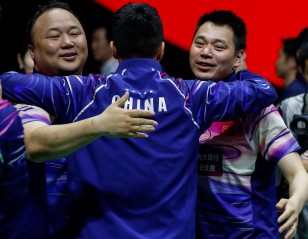
Celebrations and Concessions – Sudirman Cup ’19 26 May 2019
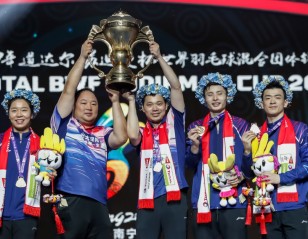
China’s Young Heroes Reclaim Title – Sudirman Cup ’19 26 May 2019
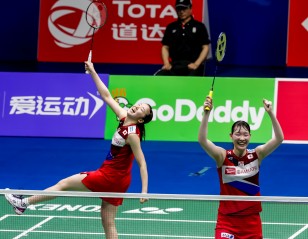
Park: We’re Going All Out! – Sudirman Cup ’19 25 May 2019
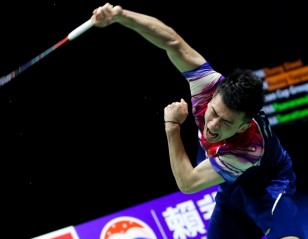
Big Guns Boom for China – Sudirman Cup ’19 25 May 2019
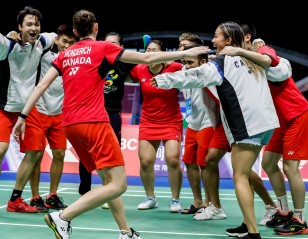
Brilliant Canada Top Group 2 – Sudirman Cup ‘19 25 May 2019
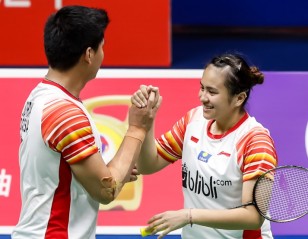
Indonesia Hobble Past Chinese Taipei – Sudirman Cup ’19 24 May 2019
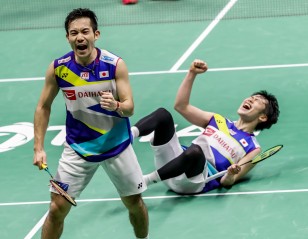
Japan Stay on Track – Sudirman Cup ’19 24 May 2019
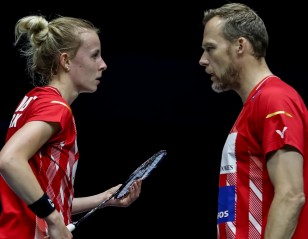
Jonassen: Young Generation ‘Hungry’ – Sudirman Cup ’19 24 May 2019
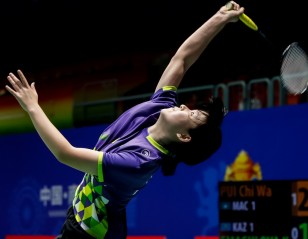
Another Teen Star in the Making – Sudirman Cup ’19 24 May 2019
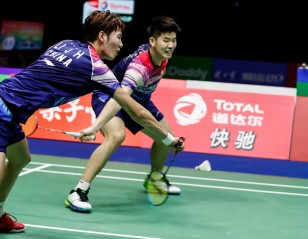
China Coast into Semis – Sudirman Cup ’19 23 May 2019
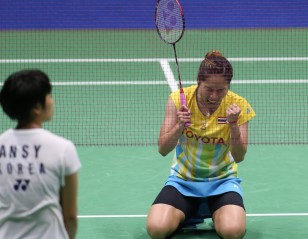
Defending Champs Trip Over Thailand – Sudirman Cup ’19 23 May 2019
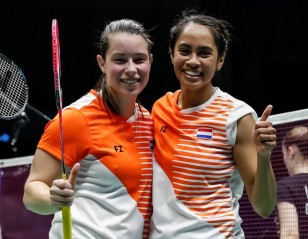
Netherlands Fight Back From Brink – Sudirman Cup ‘19 23 May 2019
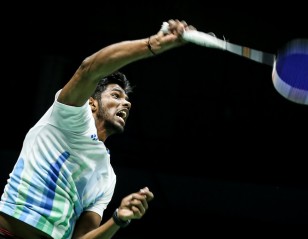
Rankireddy Impressive in Comeback from Fracture 23 May 2019
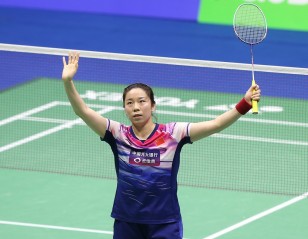
Final Eight Draw – Sudirman Cup ’19 23 May 2019
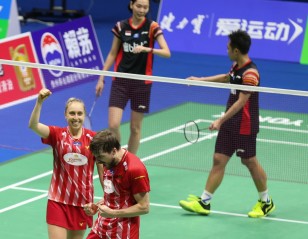
Danes Deliver! – Sudirman Cup ’19 22 May 2019
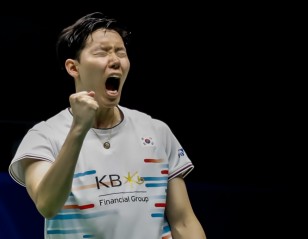
Korea Beat Chinese Taipei, Top Group – Sudirman Cup ’19 22 May 2019
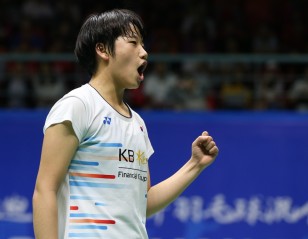
No Stopping An Se Young! – Sudirman Cup ’19 22 May 2019
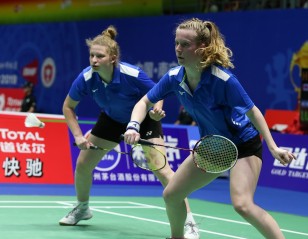
Israeli Youngster Embracing the Big Stage – Sudirman Cup ’19 22 May 2019
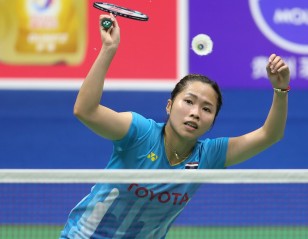
Thailand Thwart Russia – Sudirman Cup ’19 21 May 2019
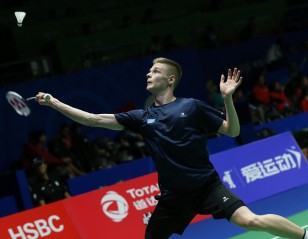
Pathway to Success for Kazakhstan – Sudirman Cup ’19 21 May 2019
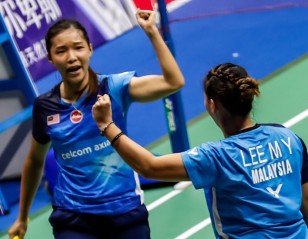
Malaysia Edge Past India – Sudirman Cup ’19 21 May 2019
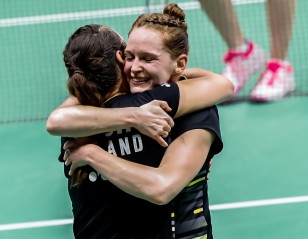
Continental Conquest! – Sudirman Cup ’19 20 May 2019
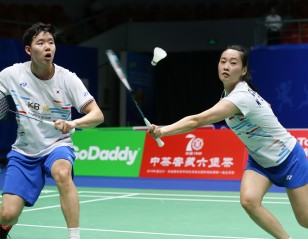
Korea into Quarters – Sudirman Cup ’19 20 May 2019
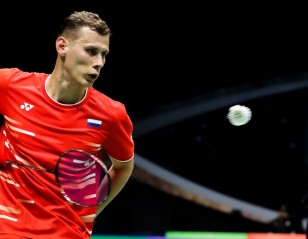
China Club Stint Powers Malkov – Sudirman Cup ’19 20 May 2019
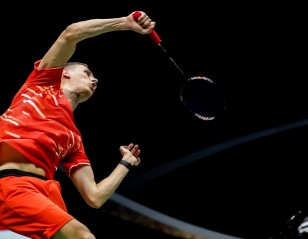
Wake-Up Call for Japan – Sudirman Cup ’19 20 May 2019
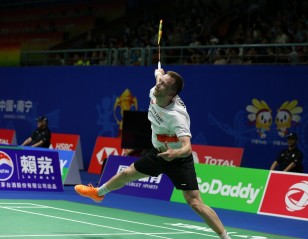
‘Greatest moment ever’ says Greenland – Sudirman Cup ’19 20 May 2019
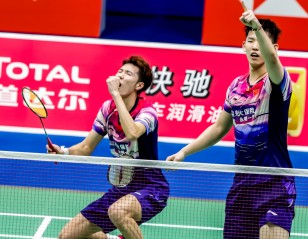
China Brush Off Scare – Sudirman Cup ’19 19 May 2019
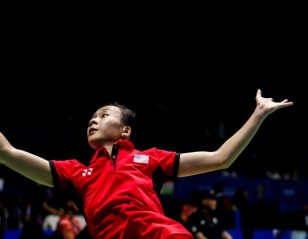
Iris Wang Unable to Resist Badminton’s Lure – Sudirman Cup ’19 19 May 2019
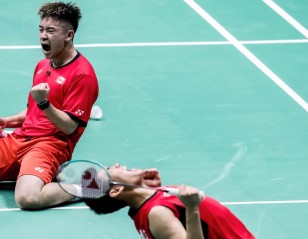
Thrilling Win for Canada – Sudirman Cup ’19 19 May 2019
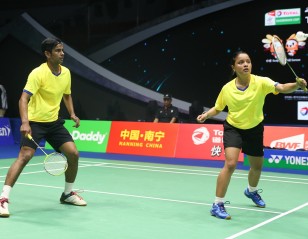
Learning Curve for Nepal – Sudirman Cup ’19 19 May 2019
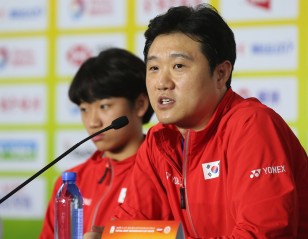
Speaking Their Minds – Sudirman Cup ’19 18 May 2019
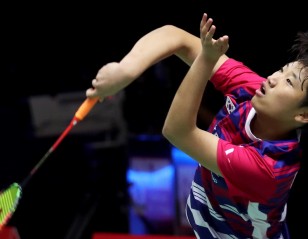
Women’s Singles at Sudirman Cup – A Form Guide 18 May 2019
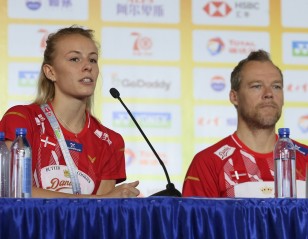
Denmark in Transition Phase – Sudirman Cup ’19 18 May 2019
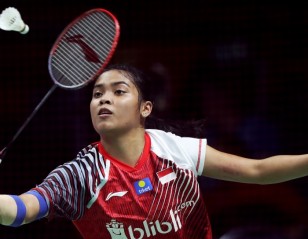
Indonesia Hold the Aces in Group 1B 17 May 2019
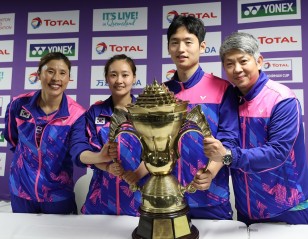
Final Preparations on Sudirman Cup Eve 16 May 2019
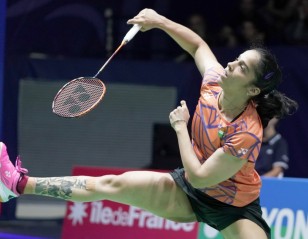
India-Malaysia Duel Likely to Decide Group 1D 15 May 2019
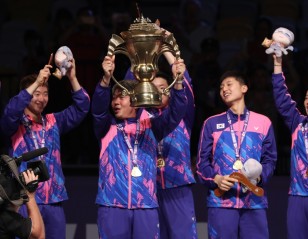
A Twist in the Tale – Sudirman Cup in the 2010s 15 May 2019
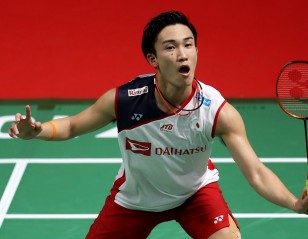
Men’s Singles at Sudirman Cup – A Form Guide 14 May 2019
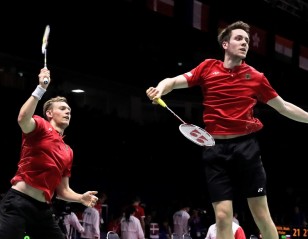
Spotlight On Canada-Germany Clash 11 May 2019
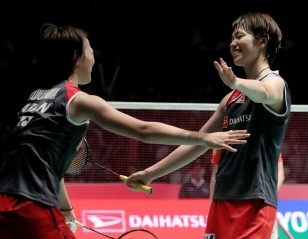
Women’s Doubles at Sudirman Cup – A Form Guide 10 May 2019
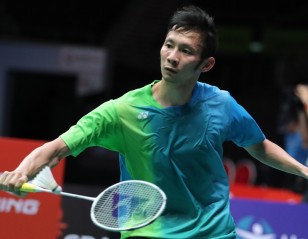
Tight Contest Expected between Netherlands, France 9 May 2019
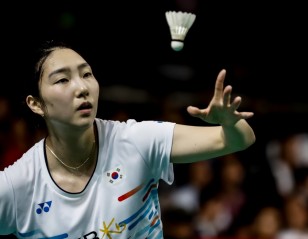
Sung’s Pullout a Setback for Korea in Group 1C 8 May 2019
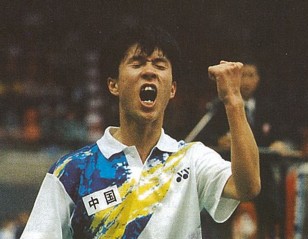
The Clash of Powerhouses – Sudirman Cup in the 90s 7 May 2019
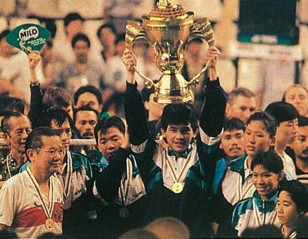
Glory on Home Soil – Sudirman Cup ’89 3 May 2019
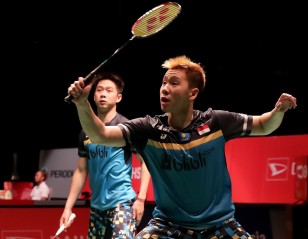
Men’s Doubles at Sudirman Cup – A Form Guide 2 May 2019
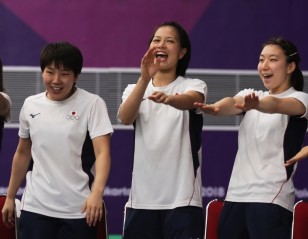
Spotlight on Japan, China – Sudirman Cup ’19 30 April 2019
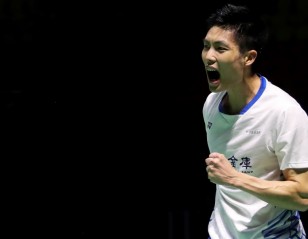
Chinese Taipei Can Go Far – Sudirman Cup ’19 27 April 2019
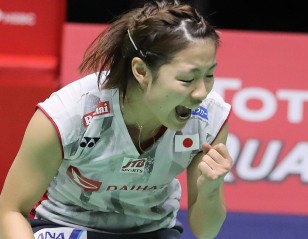
Everybody Wants to Beat Japan, Says Okuhara 26 April 2019
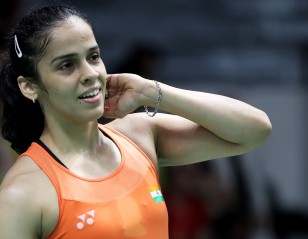
Title Triumph Not Far Away, Says Nehwal 25 April 2019
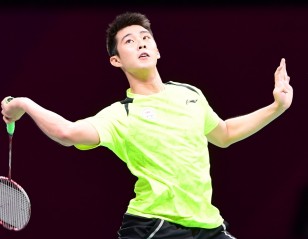
Loh Looks Forward to Team Challenge 24 April 2019
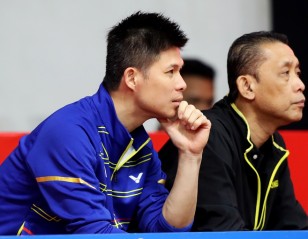
‘Team Spirit and Self-Belief are Important’: Wong Choong Hann 23 April 2019
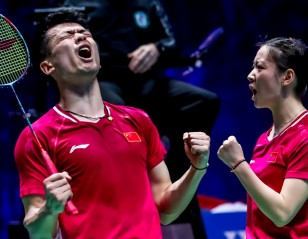
China’s Trump Cards – Zheng & Huang 22 April 2019
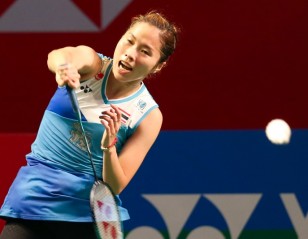
Intanon Optimistic About Thailand’s Chances 21 April 2019
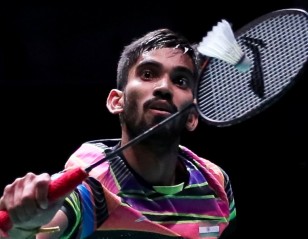
Kidambi Keen to Lead India to Team Glory 20 April 2019
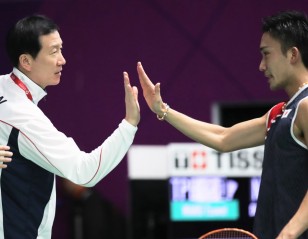
Month-Long Countdown Begins for Sudirman Cup 19 April 2019
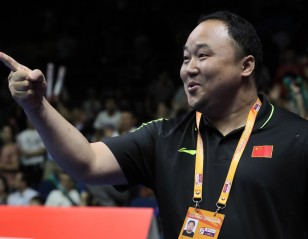
‘Looking to Convert Pressure into Motivation’: Zhang Jun 19 April 2019
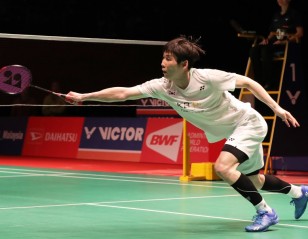
Setback for Korea’s Sudirman Cup Preparations 25 March 2019
Early Test for Hosts China: Sudirman Cup Draw 19 March 2019
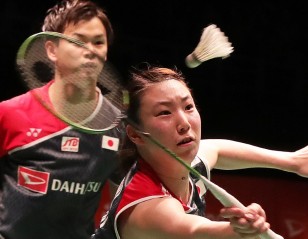
Japan Get Top Billing – Sudirman Cup 11 March 2019

Hosts Ready as Sudirman Cup Countdown Begins 20 February 2019
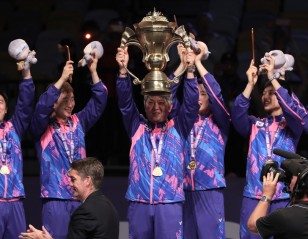
Sudirman Cup Attracts 32 Entries 18 February 2019

GoDaddy Extends Major Events Partnership with BWF 11 February 2019
